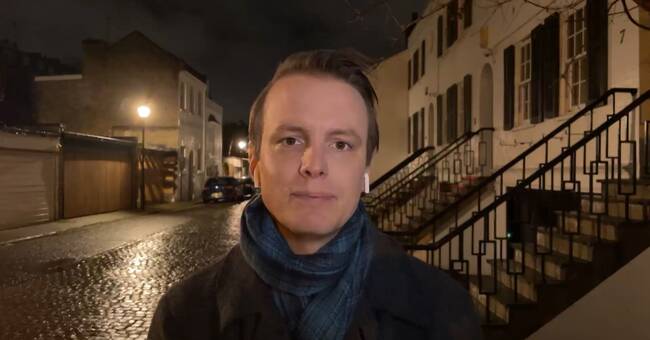The clock is ticking for the Brexit negotiations and there is now increasing talk that the parties will not succeed in reaching an agreement in port.
Late last night, Prime Minister Boris Johnson announced that there may be a so-called tough Brexit - a withdrawal from the EU's internal market and customs union without an agreement last December.
According to the Prime Minister, the positions are so locked that it is time for the public and entrepreneurs to prepare to crash out.
- We do not interrupt the talks, the negotiations continue.
But given where we stand, it is important that everyone now prepares for the Australian model, the Prime Minister said yesterday.
Australian model
The Australian model would mean that the UK would leave the EU without a trade agreement at all.
The UK would then trade with the EU under the terms of the World Trade Organization, with increased tariffs and increased controls as a result.
At the same time, the Australian model would mean lower tariffs on goods that the UK trades with countries outside the EU.
Boris Johnson has previously said that he is prepared for a non-contractual Brexit and that no deal is better than a bad deal.
But the Prime Minister has not previously spoken in such sharp terms as he did yesterday, according to SVT's reporter Jonas Sverin.
- No, he probably does not have that, says Sverin.
- But some also believe that it could be a bargaining chip with the EU to show that they are actually prepared to leave the negotiating table.
While others think it looks pretty dark.
Big ideological differences
Both the EU and the UK have been clear that they want to reach an agreement and that such an agreement would benefit both parties financially, but according to Sverin, the positions are locked due to large ideological differences.
- For the UK, it is about wanting your independence.
You want to decide your own laws and regulations, what taxes you should have and what the working conditions should look like.
- For the EU, it is about wanting to protect the internal market and that there should be no competitive advantages for the UK.
And maybe it will hurt a little for Britain to leave the EU.

